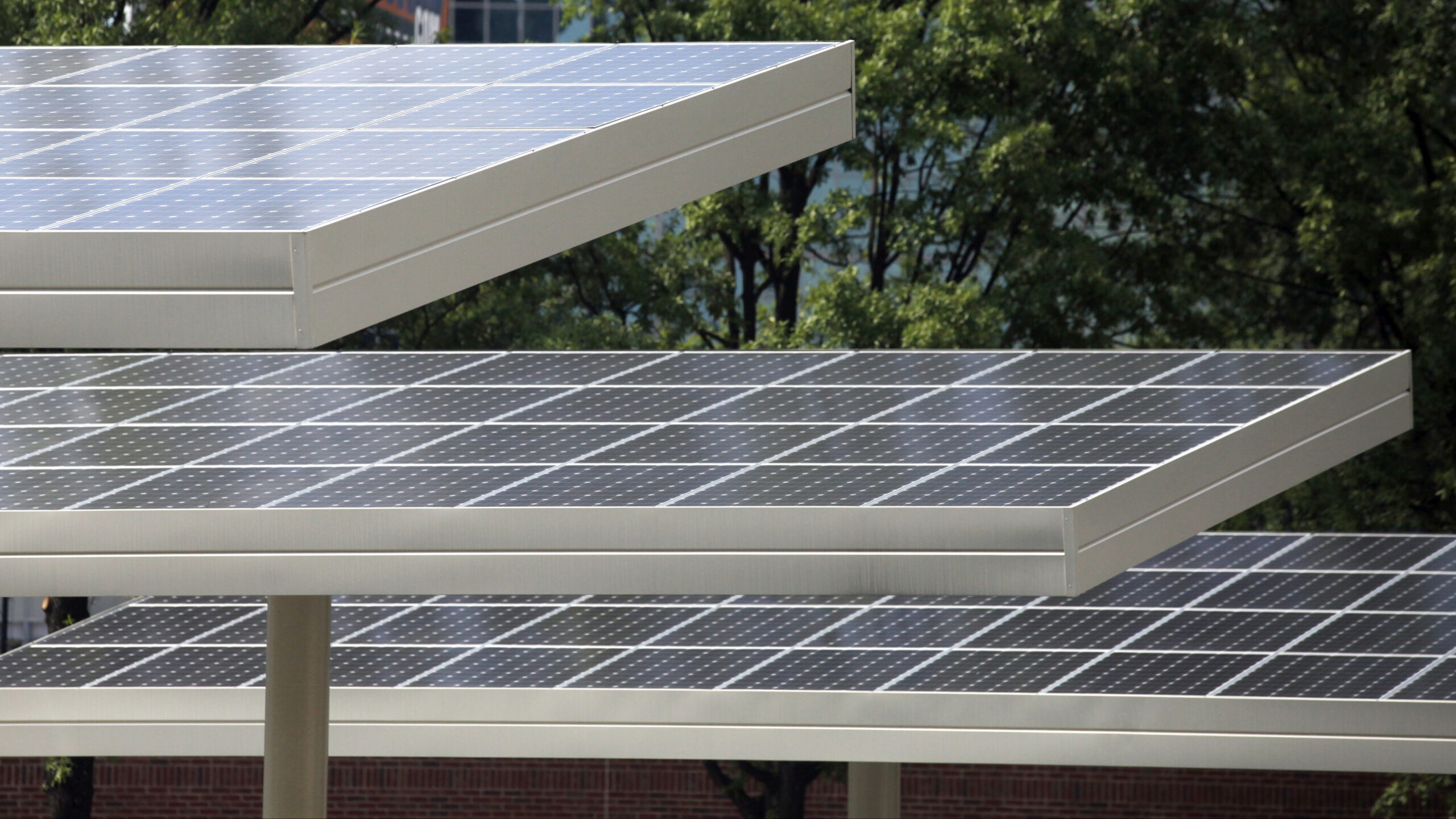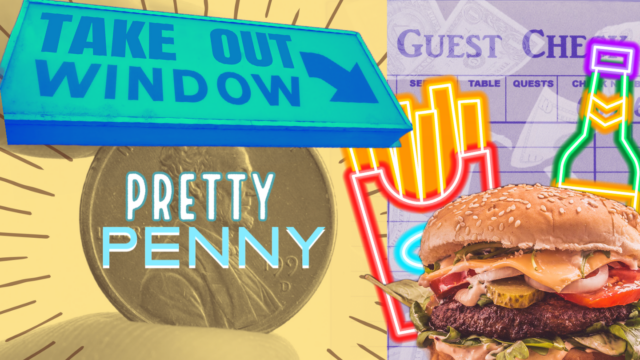It’s never been more expensive to buy a car — be it fresh from the factory assembly line or used after someone else moved on to a different vehicle.
What’s most alarming to those looking to buy their next vehicle isn’t just the dollar figure they find on the window but how quickly that price became inflated.
In July, according to Kelley Blue Book and Cox Automotive, the average vehicle transaction price neared $50K — $48,182, to be exact.
That price includes sales in the luxury car segment, but even removing those high-dollar purchases from the mix still leaves the average price at $44,431.
So are cars just more expensive to start with, or are consumers gravitating to more expensive cars?
Both, according to Michelle Krebs, an analyst with Atlanta-based Cox Automotive.
“With tight inventory and sufficient demand, transaction prices remain elevated,” according to Cox Automotive.
“Most dealers continue to sell vehicles above the manufacturer’s suggested retail price (MSRP). Honda, Kia, Land Rover, and Hyundai continue to show the most price strength in the market, transacting between 5 to 8 percent over sticker last month.”
It’s now been more than a year since inventory got so tight that car shoppers had to pay above sticker just to get into a new model.
Compared to July of 2021, the average transaction price is up almost 12 percent, or $5,126.
A year before that, the average transaction has increased 21.5 percent.
So how long can the upward price trend continue?
“I think we can plan on this for a couple more years,” says Krebs of Cox Automotive.
“With demand so far sustaining the higher window stickers, there’s little incentive for carmakers to return to a pre-pandemic way of pricing their product.”
Lily Oppenheimer contributed to this report.














